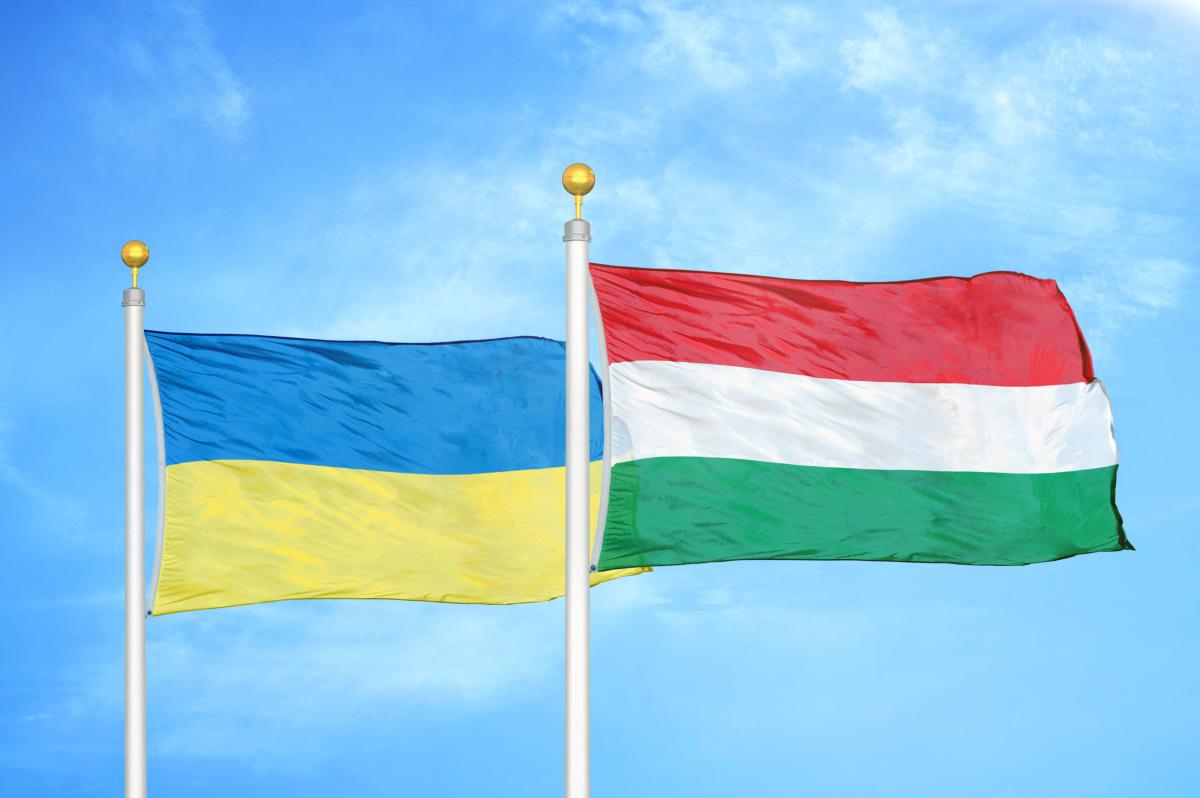
Ukraine's Foreign Minister Dmytro Kuleba says Ukraine will not amend the education law, but will negotiate its implementation with Hungary.
"I have repeatedly stressed we will not amend the law of Ukraine on secondary education in terms of education for national minorities. We have already complied with all the recommendations of the Venice Commission, but we must talk with our partners about how we will be implementing the legislation, how we will be eliminating those negative – let's call them diplomatically – phenomena that arose from the Hungarian side in 2017 after the adoption of the law," he said in a video message from the town of Uzhgorod posted on Facebook on September 23.
Kuleba said he would meet his Hungarian counterpart Péter Szijjártó on September 23.
"We are in constant contact with him, because those wounds that have been inflicted on Ukrainian-Hungarian relations in recent years – they need to be healed very slowly, we must approach this very carefully. Therefore, we constantly talk with him, meet and move forward in small steps toward finding solutions that will be mutually acceptable for both Ukraine and Hungary," the Ukrainian foreign minister said.
Read alsoUkraine must have only one state language, NSDC secretary saysUkraine-Hungary relations: Background
- Relations between the two countries slid to a chill after the Ukrainian parliament in 2017 passed a new education law.
- Hungary has since been blocking Ukraine-NATO Commission meetings, claiming alleged violation of rights of Hungarians living in Ukraine due to the provision of the law that determines that the language of command in educational facilities shall be the state language, which is Ukrainian.
- According to the Venice Commission's conclusion of December 8, 2017, Ukrainian authorities were recommended to balance the provision of the language article of Law on Education.
- On January 16, 2020, the Verkhovna Rada, Ukraine's parliament, passed bill No. 0901 on secondary education.
- Three models of learning the Ukrainian language in schools have been laid down.
- The first model is provided for the indigenous peoples of Ukraine who do not live in the linguistic environment of their language and who do not have a state that would protect and develop this language. First of all, these are the Crimean Tatars. For them, the first model includes teaching in the language of the indigenous people from grade 1 to grade 11 (12) along with a thorough study of the Ukrainian language.
- The second model is for schools with instruction in the language of national minorities whose languages belong to the EU languages. Depending on the language group and language environment, the use of this model may be different, but the basics are:
- Elementary school: the use of the mother tongue along with the study of the official language;
- Grade 5: at least 20% of the annual volume of study time should be taught in Ukrainian with a gradual increase in volume so that in grade 9 to reach at least 40% of subjects that are delivered in the official language; and
- High school: at least 60% of the annual amount of study time in such institutions should be instructed in the official language.
- The third model will work for the rest of the national communities of Ukraine. It concerns national minorities whose language belongs to one of the Ukrainian language families, as well as those who live mainly in the environment of their own speech (Russian language). Primary schools there will also have a minority language along with the study of Ukrainian, and from grade 5 at least 80% of school hours will be instructed in the official language.
- At the same time, Szijjártó says Hungary asks not to increase the number of subjects taught in Ukrainian to the national minorities, which is provided for by the new law on secondary education.
- On September 14, Kuleba invited Szijjártó to visit Zakarpattia region on September 23.

